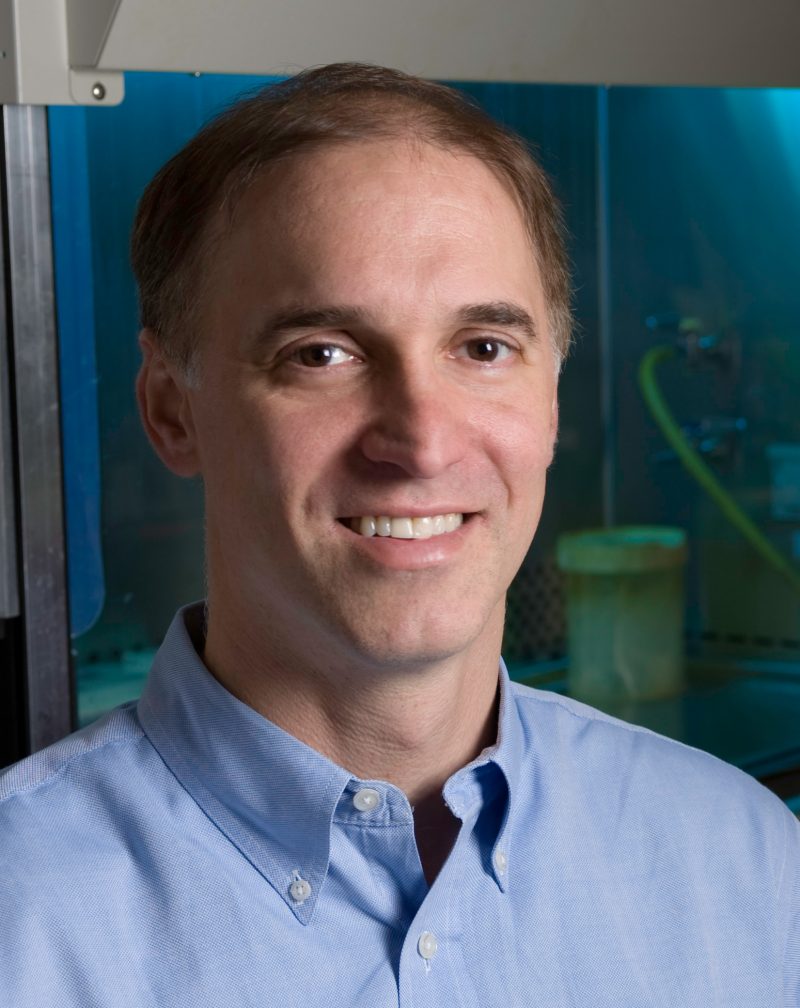

Steven Artandi
Steven Artandi earned his A.B. in chemistry from Princeton University, and his M.D. and Ph.D. in microbiology from Columbia University. He completed his residency at Massachusetts General Hospital and a clinical fellowship in medical oncology at Harvard University, Dana Farber Cancer Institute, Brigham and Women’s Hospital and Massachusetts General Hospital. He also had a research fellowship at Dana Farber and Harvard. In 2000, he joined the faculty at Stanford. He has received a Howard Hughes Medical Institute Postdoctoral Research Fellowship for Physicians, a National Institutes of Health K08 Grant, a V Foundation Scholar Grant, a Pfizer/American Federation for Aging Research Innovations in Aging Research Grant, and a Glenn Award for Research in Biological Mechanisms of Aging. Artandi has served as senior editor and on the editorial board of Molecular Cancer Research, as well as on the editorial board of Stem Cells. He was elected a fellow of the American Association for the Advancement of Science in 2007 and received the National Cancer Institute Outstanding Investigator Award in 2015.
The human aging process makes us prone to cancer and to degenerative diseases. The Artandi lab uses sophisticated biochemical, cell biological and genomic approaches to understand the fundamental causes of these diseases. Their goal is to develop new therapeutic approaches to tackle these often-intractable disease states. Their research focuses on four areas: 1) Telomeres and human disease—the impaired function of telomeres (the caps that protect chromosome ends) occurs with normal aging and in settings of disease. Telomere dysfunction impairs tissue regeneration and blocks cancer development. Artandi and his colleagues seek to understand how this process influences degenerative disease and cancer. 2) Tissue homeostasis and regeneration—maintenance of many tissues fails with advanced aging and disease. They study the underlying mechanisms governing tissue homeostasis and repair. 3) The origins of cancer—the cellular origins of cancer remain largely mysterious. They study the early stages of human carcinogenesis and how cancers acquire cellular immortality. 4) Telomerase function in cancers and stem cells—the telomerase enzyme lengthens telomeres, a critical step in cellular immortality. They seek to understand how telomerase functions inside living human cells.